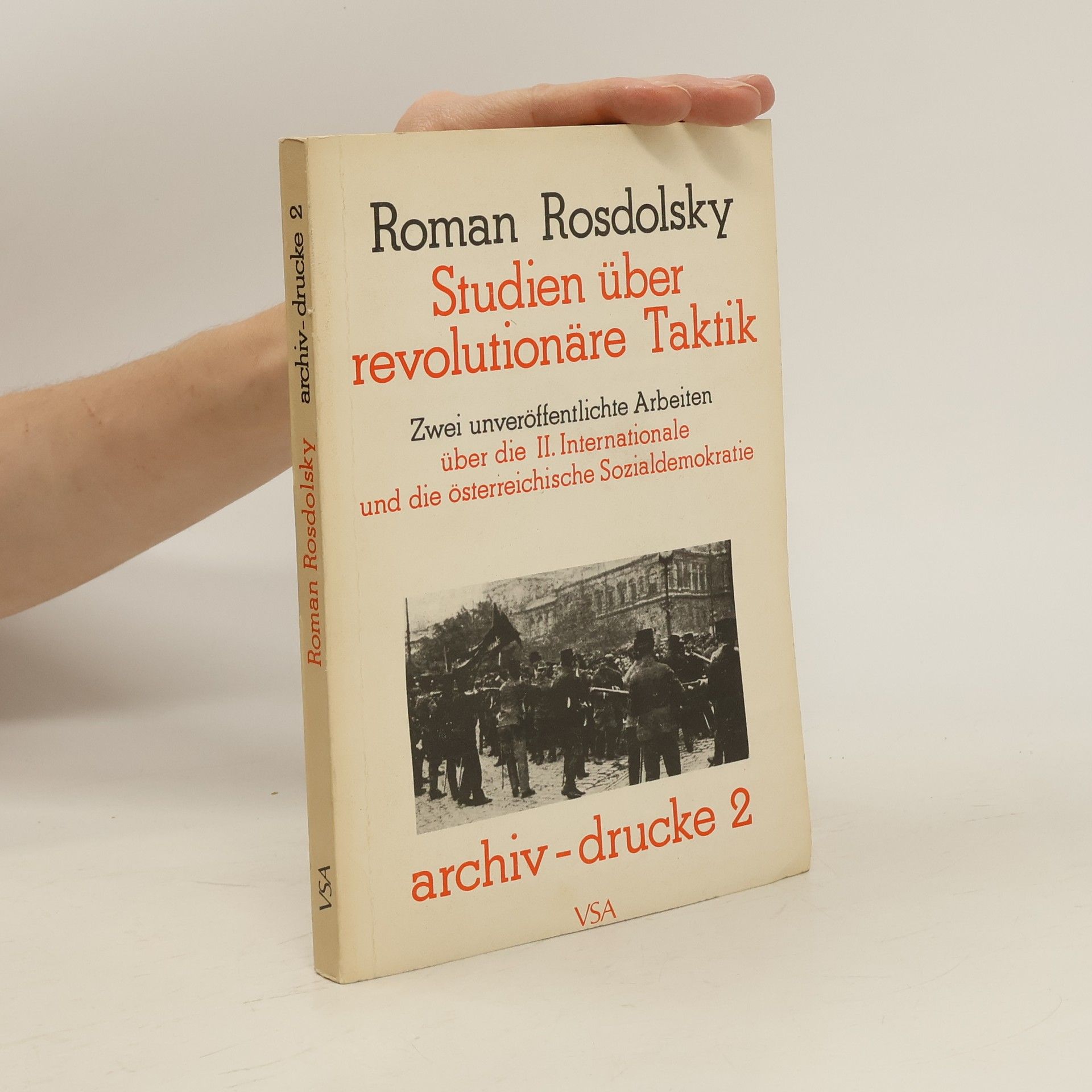Roman Rosdolsky Books
July 19, 1898 – October 20, 1967
Roman Osipovich Rosdolsky was a distinguished Marxian scholar and political revolutionary. Best known in the Anglo-Saxon world for his meticulous scholarly exegesis, his seminal work meticulously re-examined and overturned previous interpretations of a foundational Marxian text. Throughout his life, he corresponded with many prominent Marxist writers, and his critical analyses were recognized for their originality even within the Marxist tradition. His profound insights into historical topics and his rigorous intellectual approach establish him as a crucial figure for understanding the evolution of Marxist thought.



